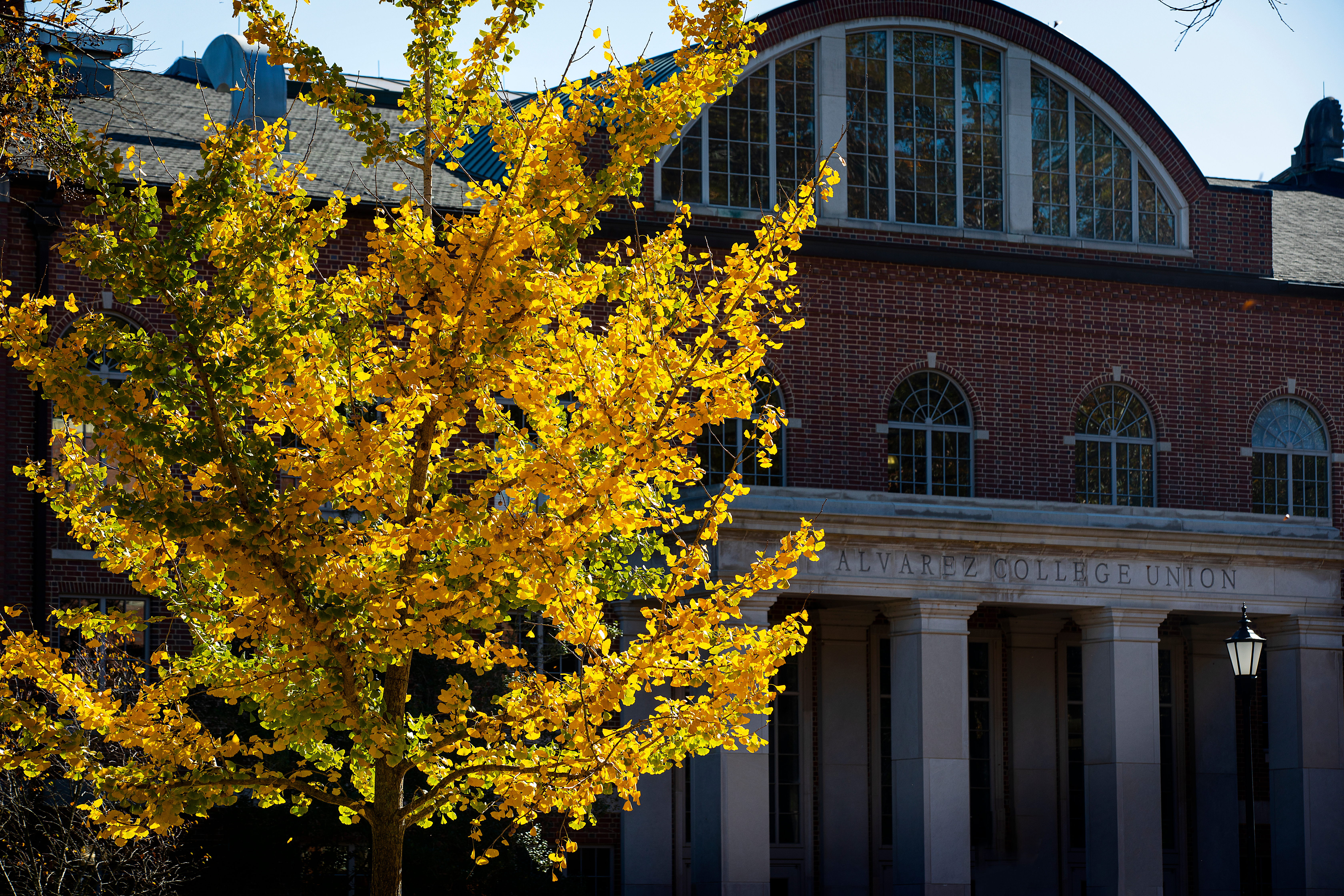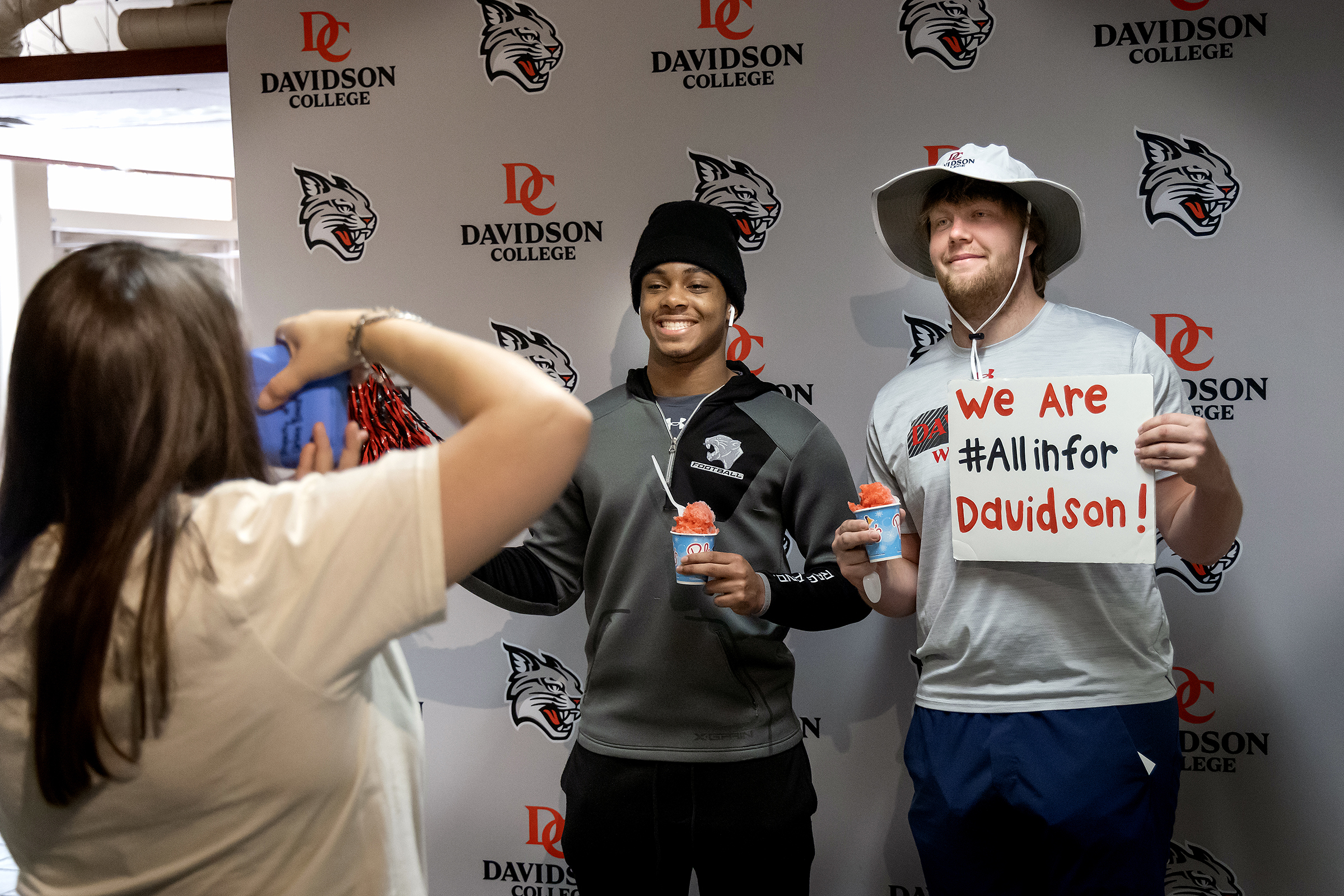Tickets Available: Ta-Nehisi Coates to Talk Race Relations
Reynolds Lecture Tickets
Tickets are free and available to students and the public now. They can be obtained from the Union Ticket Office or online for a small service fee.
Recent events in Ferguson, Baltimore and Charleston, among others, have focused a spotlight on race relations in America, and Ta-Nehisi Coates has a lot to say about it.
A blogger and national correspondent for The Atlantic, Coates has been called one of the most original and perceptive black voices of our times. He will be speaking on campus as part of the annual Reynolds Lecture. The event will take place at 7 p.m., Monday, Nov. 16, at the Baker Sports Complex.
Coates' award-winning Atlantic cover story, "The Case for Reparations," traces the history of slavery in the United States and is one of the most talked-about nonfiction writings in recent years.
"His writing is quite searing in its capacity to make us encounter perennial issues with deep historical roots in a way that forbids us from looking the other way," said Onita Vaz, associate professor of English. Vaz is chair of the Public Lectures Committee, which worked to bring Coates to campus.
His debut book, The Beautiful Struggle: A Father, Two Sons, and an Unlikely Road to Manhood, is a touching memoir of Coates's somewhat unconventional childhood and the impact made by his father, a Vietnam War veteran and former Black Panther.
Unique Beginnings
Coates's father raised seven children with four mothers in a rough neighborhood in Baltimore during the height of the crack epidemic. He founded the Black Classic Press, a publisher specializing in African-American writings, with a printing press in the basement of their home. His father's work was a huge influence on Coates, who read many of the books his father published. A mix of old-school disciplinarian and believer in free love, his father took a job at Howard University so his children could attend for free.
Coates' mother was a teacher who used to punish bad behavior by making him write essays, a penance that undoubtedly paid off.
Celebrated Journalist
A former Village Voice writer, Coates is the Journalist in Residence at the School of Journalism at The City University of New York and was recently named as a 2015 recipient of a MacArthur 'Genius' Grant. He was previously the Martin Luther King Visiting Associate Professor at MIT, and in 2012 was awarded the Hillman Prize for Opinion and Analysis Journalism. He has worked for Washington City Paper, TIME and has contributed to The New York Times Magazine, The Washington Post, The New Yorker, Slate and other publications.
The New York Times recently announced Coates will be writing Black Panther comics for Marvel Entertainment.
One of Coates's most famous works is, "This is How We Lost to the White Man," an honest look at the generational and ideological rifts in the black community.
A New York Times best-seller, Coates' Between the World and Me is written in the form of a letter to his teenage son, Samori, about racial violence throughout American history and what it means to be black. Coates was inspired to write the book when his college friend was killed by police in a case of mistaken identity.
American novelist, editor and professor Toni Morrison has called the book, "required reading."
Coates's visit comes at a pivotal time, according to students and faculty.
"During the past months we have seen a tumultuous period regarding race relations, including the Charleston Massacre, protests of police shootings and rhetoric on immigration policies," said Rashaun Bennett '16. "I think students on campus understand that we cannot hide from these realities anymore and that there is a true hunger to engage in these discussions."
The intellectual vision of Coates is one that is welcomed to help reinvigorate and continue efforts to understand and engage structural racism and violence, he added.
"Coates's visit is an opportunity for the community to engage in conversation with a leading commentator on race in our country, and to continue that conversation amongst ourselves, so that we become the kind of citizens who are not only socially aware, but active participants in shaping a more humane and democratic society in whatever little sphere we find ourselves," said Vaz.



